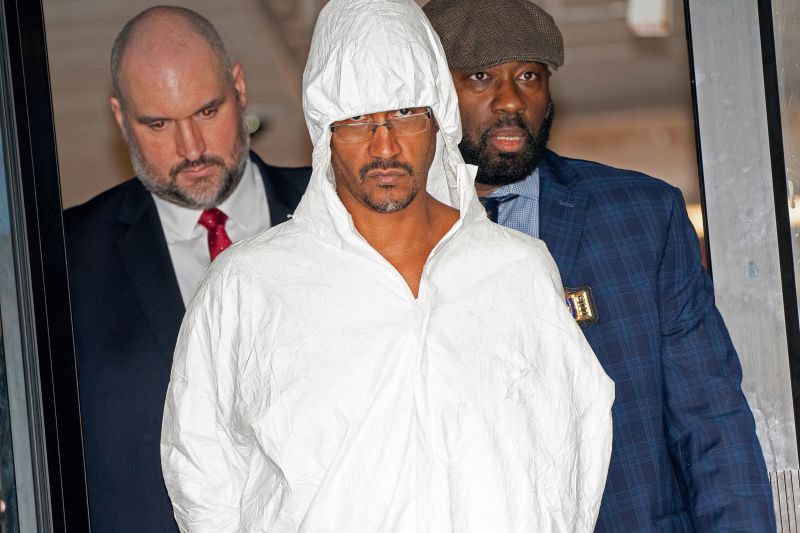
From Advocate to Accused: NYC Criminal Justice Reformer Faces Murder Charges
A story that has shaken the criminal justice reform movement has unfolded in New York City. Sheldon Johnson, a formerly incarcerated man who became a vocal advocate for rehabilitation after prison, has been arrested and charged with the brutal murder and dismemberment of another man. This complex case raises questions about the challenges of reintegration, the impact of incarceration, and the importance of separating alleged crimes from broader reform efforts.
Second Chance or Repeat Offender? Details of the Arrest
On Thursday, 48-year-old Sheldon Johnson was arrested by the New York Police Department (NYPD) and charged with murder, manslaughter, criminal possession of a weapon, and concealment of a human corpse. According to court records, he is accused of killing 44-year-old Collin Small inside Small’s Bronx apartment.
The sequence of events leading to Johnson’s arrest began with concerned neighbors alerting authorities about gunshots heard from Small’s apartment. Upon arrival, police discovered an unidentified human torso.
A law enforcement source revealed that Johnson was present at the scene. Investigators later found a human arm, legs, and a head with a gunshot wound in a freezer at Johnson’s Harlem residence. Surveillance footage reportedly captured Johnson entering and leaving the victim’s building disguised and carrying a large blue bin, later found at Small’s apartment containing the torso.
Johnson, who maintains his innocence and pleaded not guilty to all charges, had spent decades behind bars before his release last year. Upon re-entry, he positioned himself as a client advocate for at-risk youth at Queens Defenders, a legal aid organization.
This stark contrast between Johnson’s past criminal activity, his recent advocacy work, and the current allegations has sparked public debate.
A Life Shaped by Incarceration: Johnson’s Journey
Public records indicate that Johnson was convicted on charges including homicide and robbery in 1999, leading to his incarceration.
During an appearance on the Joe Rogan Experience podcast last month, Johnson discussed his difficult upbringing and the “intergenerational incarceration” impacting his family. He described his childhood challenges, including his father’s incarceration and his own placement in a psychiatric facility. These experiences, he claimed, led him down a path of crime and gang involvement.
Johnson recounted how harsh prison conditions, including solitary confinement, ultimately motivated him to turn his life around. He claimed to have obtained his GED and distanced himself from gang activity while incarcerated.
Upon release, Johnson actively advocated for criminal justice reform, focusing on dismantling recidivism and reducing mass incarceration.
Navigating a Complex Issue: Reform, Rehabilitation, and Unanswered Questions
The Sheldon Johnson case presents a complex dilemma for the criminal justice reform movement. While maintaining support for rehabilitation initiatives, it’s crucial to address serious allegations without compromising the broader fight for a fairer justice system.
Brian Stanley, an advocate for alternatives to incarceration, emphasizes the need for a nuanced approach. He urges the public to distinguish between Johnson’s alleged crimes and the importance of criminal justice reform efforts. He highlights the potential impact of incarceration on individuals, suggesting a need to address the trauma experienced within prison walls.
Moving Forward: Separating the Case from the Cause
The Johnson case underscores the ongoing challenges of reintegration for formerly incarcerated individuals. While some successfully transition and become advocates for change, others may struggle to overcome the lasting impacts of their past.
This incident shouldn’t detract from the critical work of criminal justice reform. However, it compels us to consider the complexities of rehabilitation and the need for continued support systems for those re-entering society.
A thorough investigation is necessary to determine the truth in this case. Meanwhile, the fight for a fairer justice system that prioritizes rehabilitation and reduces recidivism must continue.



